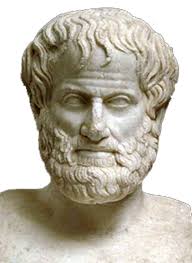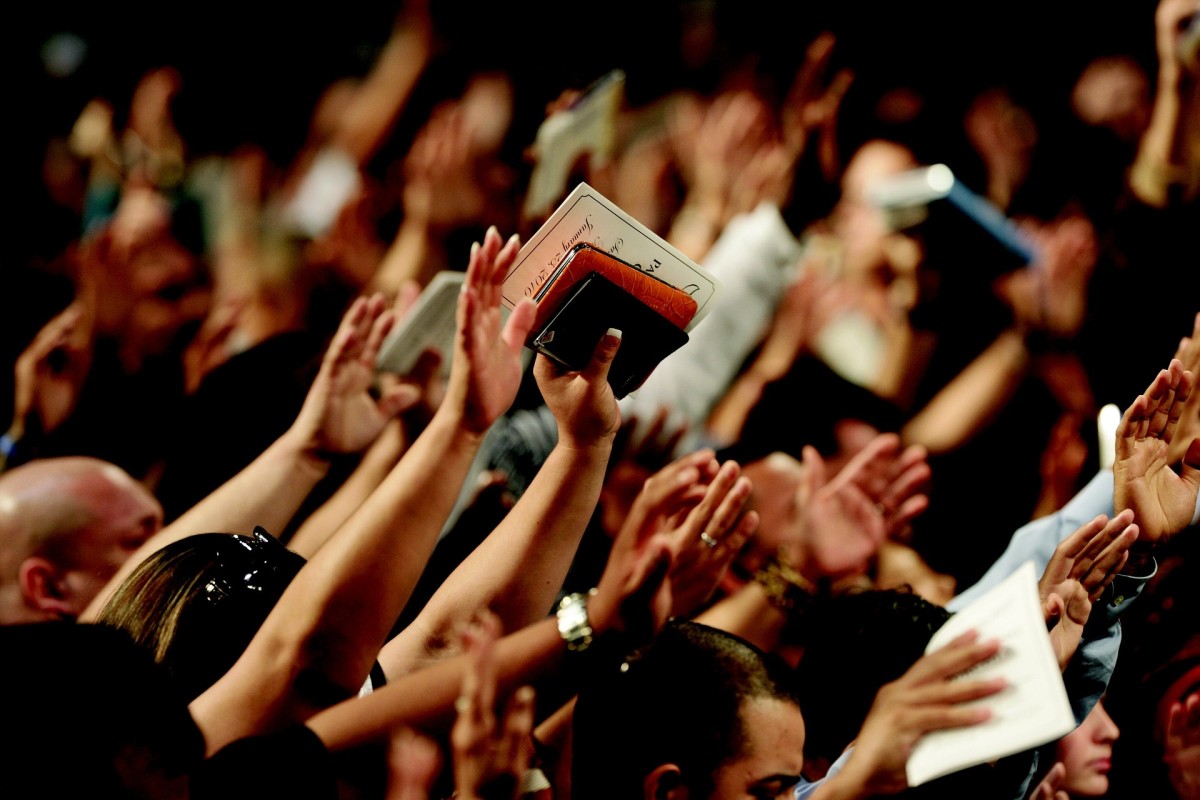What's a system: an inter-disciplinary summary
'The whole is greater than the sum of its parts.'
Aristotle of Stagirus (384 BCE – 322BCE)

A system can be defined as a sum of elements, interrelated one another, that acts like a single entity. A system has a target; a system can be made up of sub systems. This definition leads in some way to the fact the amount of the elements is not enough to understand the whole entity behaviour. Generally, the more complex is the system (more elements, more relations) the richest is the outcome. And that's the general base of the sentence “the system is more than the sum of it's part” perhaps you've heard, since it has been said for several centuries. As it happens in many organic structures, the outcome gives a feedback like it's more important and has a different quality than the sum of it's part where they are taken separately.

A system can be found:
a) in human body
b) in phylosophy
c) in politics
d) in economy
e) in energy
A. Most famous ones do concern breathing, hearth and circulation of the blood.
B. A series of thoughts that is so organic to define the world and anything existing is called philosophical system. In general it means there is a source of explanation for everything existing and once the source is understood, anything has to be interpreted through that source.
C. Here we clearly see the difference between a sub system and a system. The electoral system is a sub system. A series of rules that allows to have an election is a sub system. Since this election allows to put people in charge, the charges are part of a system already defined, that goes extremely over the concept of elections and lasts many years over them.
D. A firm is a system. The relation between some firms, whether they are in competition or they serve one another (dependence) they are related. Families and firms are sub systems related. The national economy is the system and in the international economy there comes out the relation between different systems.
E. Links allow energy not to lack in a single unit that is part of the system. As it contains energy creation, sharing through links, consumption. A link of houses – shops - factories that uses energy, from one or more sources, makes up a system. The bigger is the system and the more interrelations it has, the lower is the possibility that a member will lack energy for itself.
Interesting to notice there is a significant intersection between a political system and an economic one (Points C and D). Since politics allows public spending and that's the strongest input coming from only one source to the national system. The importance of the role of the state through public spending is fundamental. Franklin Delano Roosevelt, probably inspired by John Maynard Keynes theories, was a politician making a massive use of this public stimulation has been. So that one can say, the first massive public spending intervention took place in order to exit from the 30's depression.





